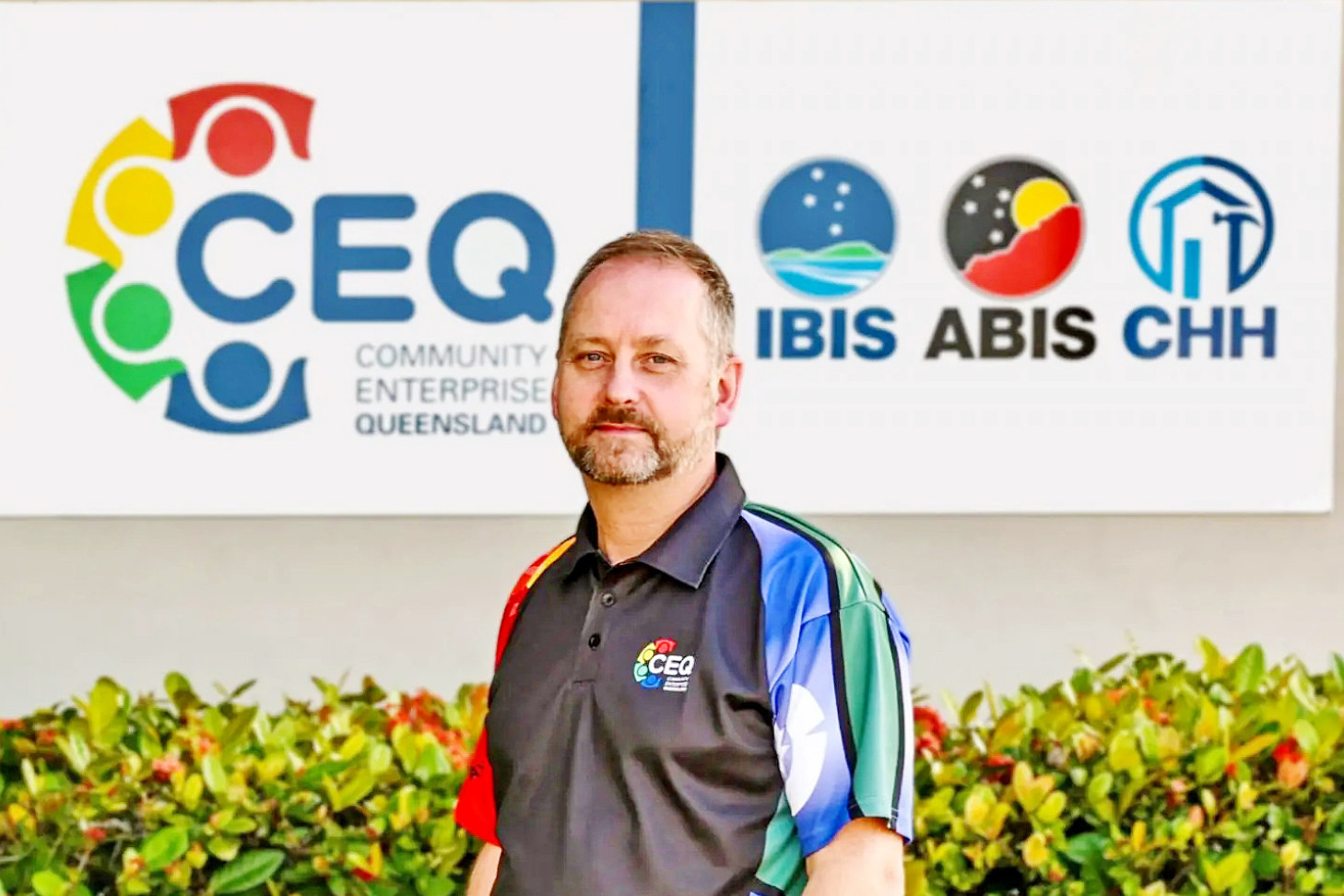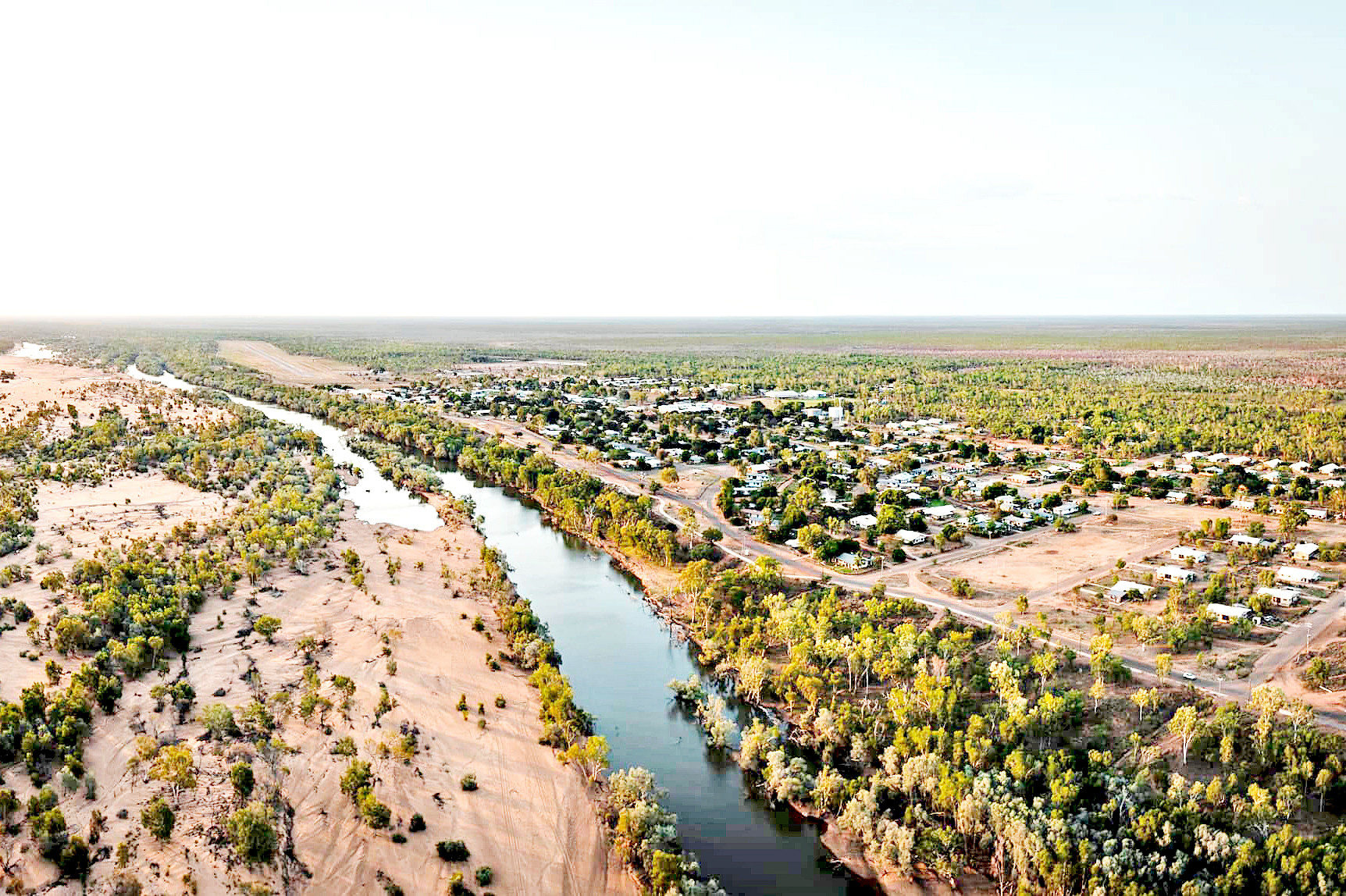Business
12 February, 2025
Doomadgee store well prepared for the wet season
The Gulf community shouldn't run out of supplies, the supermarket owner says.

Preparation is the key to surviving the wet season in Doomadgee, says the CEO of remote Queensland’s biggest store operator.
Michael Dykes is the head of Community Enterprise Queensland (CEQ), which runs stores throughout Cape York and the Torres Strait, as well as Palm Island.
While most are able to access sea freight year-round, stores at Kowanyama and Doomadgee need to be well prepared ahead of the wet season, which can cut off access for months at a time.
Mr Dykes said CEQ was in a better spot this year to deal with the inevitable flooding.
“We’ve been getting ahead with planning and working with the (Doomadgee) council on ensuring we maximise the space available,” he said.
“We’re fortunate that there’s a huge warehouse there – it must be about 1000-square feet, and that is packed to the rafters with stock.
“We’ve also increased our frozen stock going into the store and we did it all last year so we’re sitting in the position that the store is at absolute capacity.
“The other element we’ve got in place, of course, is our fresh produce air freight.
“When the roads are cut off we fly fresh produce directly to the stores.”
While CEQ is owned by the state government, Mr Dykes said the company operated independently out of Cairns and had a mandate to run as a not-for-profit.
CEQ also has a universal price policy across its stores, which means that shoppers at Doomadgee pay the same for produce as shoppers on Thursday Island in the Torres Strait or in Bamaga at the tip of Cape York Peninsula.
“When we have to fly freight into Doomadgee and Kowanyama we don’t increase the prices, even though our expenses go up a lot,” Mr Dykes said.
“Getting fresh produce into places like Doomadgee is vital to the health of people.
“Imagine a supermarket with no fresh fruit and veg, or milk or meat. It’s a basic human right now and it’s our obligation to make sure we maintain that human right.”
While CEQ has been willing to cover the cost of flying in fresh produce, Mr Dykes said it was not viable in the long run.
“Each year we spend about $1.4 million on air freight and we budget for that now, but one thing that would help a lot is better road access in and out of communities like Doomadgee and Kowanyama,” he said.
“The weather is becoming more and more unpredictable and global warming is definitely impacting our part of the world.
“Our wet season seems to be coming earlier every year.
“The Kowanyama road, for example, has never been impassable in November in the history that we’ve looked at, yet last year we couldn’t get truck deliveries into Kowanyama from the end of November.
“That is a massive problem, not only for the store, but everyone in the community.
“More investment into roads and bridges would make a big difference to the lives of people in our remote communities.”
